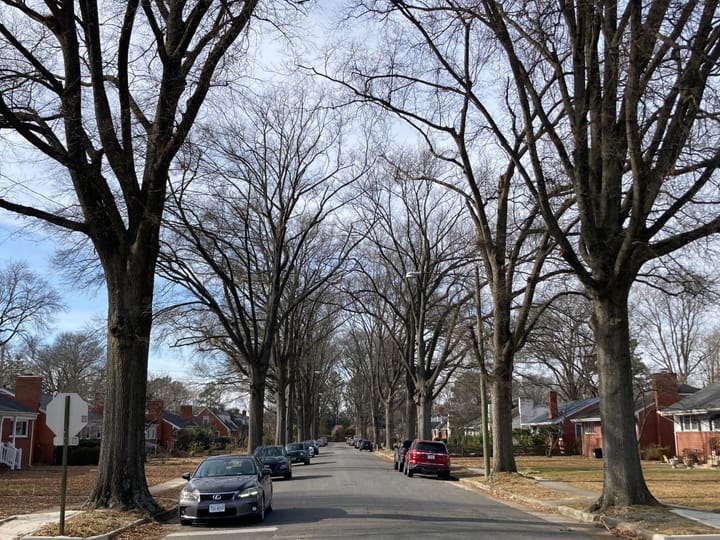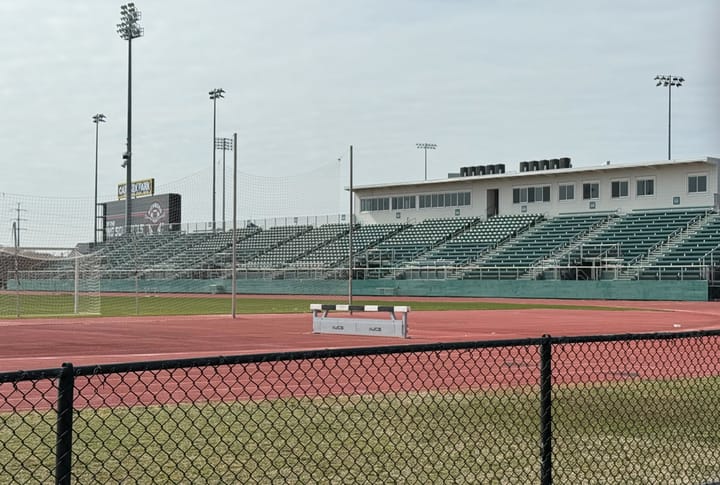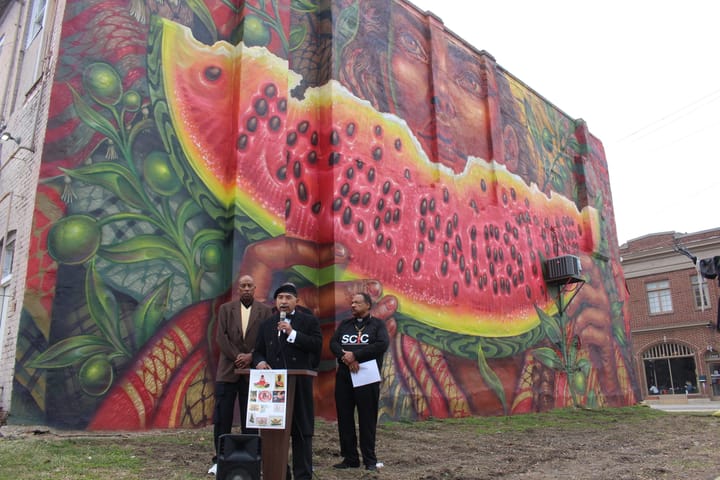Some of Richmond’s old-school toll booths are going away. Here’s how the new system will work
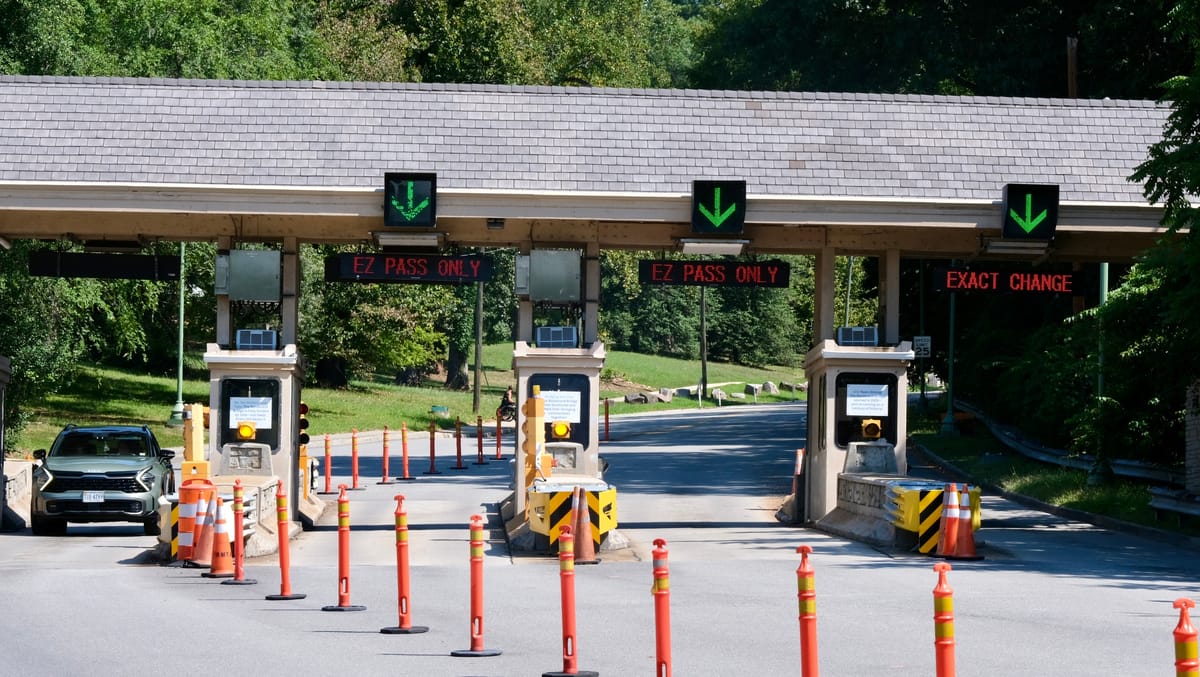
More automation is coming to Richmond’s tolled expressway system.
Starting this winter, the Richmond Metropolitan Transportation Authority will stop accepting cash payments for some tolls in an effort to keep traffic moving more efficiently and safely.
Getting rid of traditional toll booths and shifting to all-electronic tolling will mean drivers no longer have to stop to hand over cash or slow down to get through a bottleneck created by toll infrastructure.
Most users of Richmond’s toll roads (around 75% according to RMTA data) already have an EZ-Pass transponder that pays automatically as they pass through a toll area. Under the new system, anyone still lacking an EZ-Pass will get bills in the mail through license plate recognition technology that can track toll usage.
In a budget overview from May, authority CEO Joi Taylor Dean called the transition to electronic tolling a “defining moment for RMTA’s future” and a “transformative step toward a more efficient and connected region.”
“The elimination of toll booths and the implementation of electronic tolling infrastructure will modernize our system, reducing congestion, lowering emissions and enhancing the overall customer experience,” Dean wrote in a letter summarizing the RMTA’s proposed budget.
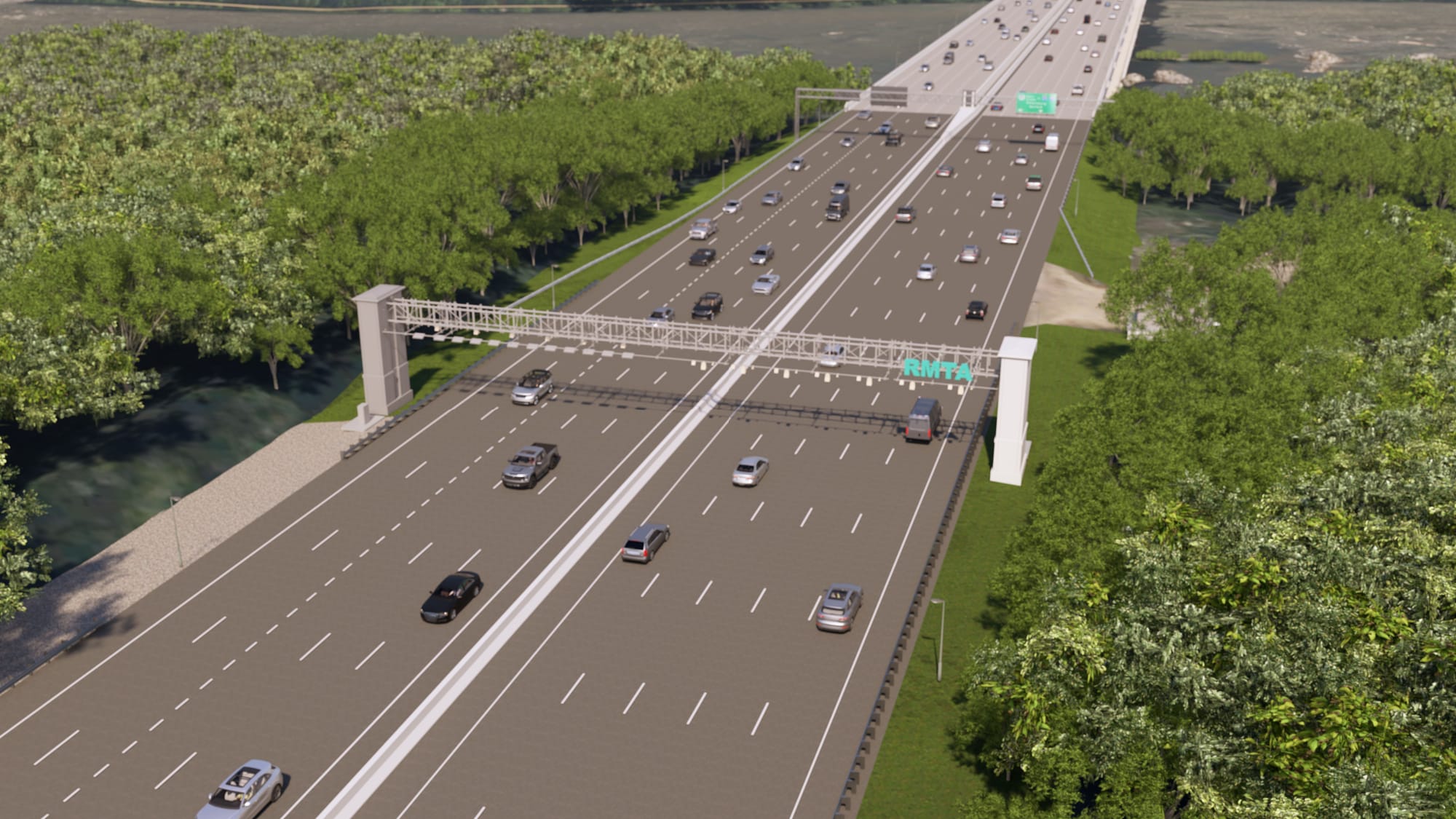
The new, all-electronic tolling system will begin with the Powhite Parkway and its ramps, as well as the Boulevard Bridge.
The heavily traveled Powhite Parkway connects Richmond and Chesterfield County and crosses the James River. All-electronic tolling will also be implemented on the Boulevard Bridge, a smaller crossing that connects the north and south sides of the city.
In 2027 the new system will be applied to the Downtown Expressway, eliminating the need for the road’s 15-lane toll plaza. Starting this winter, cash for RMTA tolls will only be accepted on the Downtown Expressway.
“This phased approach helps ensure a smooth transition for our customers,” RMTA spokesperson Tia Freeman said in response to questions from The Richmonder.
Some details of the plan are still being worked out, Freeman said, such as how frequently bills will be mailed to people without an EZ-Pass and how the authority will try to collect money from drivers who ignore those bills.
RMTA toll revenues fell during the COVID-19 years, but have rebounded to pre-pandemic levels. An increase in toll rates enacted in September 2023 — the first rate change since 2008 — has also pushed revenue higher.
In fiscal year 2024, total toll revenues were a little more than $50 million, according to RMTA documents. For the budget year that just concluded on June 30, the authority was expecting to take in about $52.4 million.
The Richmonder is powered by your donations. For just $9.99 a month, you can join the 1,000+ donors who are keeping quality local journalism alive in Richmond.
Toll revenues are expected to dip slightly during the implementation of all-electronic tolling as drivers get acquainted with the new payment system.
RMTA is budgeting tens of millions of dollars in upfront capital spending in order to transition to the new system. The authority’s six-year capital budget includes roughly $22 million for civil engineering work related to the rollout of all-electronic tolling, around $12.8 million for toll system technology and $9 million for toll plaza demolition.
Freeman said the shift to electronic tolling is expected to save money in the long run once it’s fully implemented, but the exact amount is “TBD.”
“RMTA receives no federal or state tax dollars,” Freeman said. “Revenues from tolls go toward future maintenance and capital improvement projects to better serve RMTA’s customers.”
The automation push will lead to the elimination of some toll both attendant jobs, according to RMTA documents, but new office positions will be created to administer the new system.
“We’ve had one-on-one meetings with all affected employees,” Freeman said. “Additionally, we have offered training, career transition support, early retirement where appropriate and individual assessments to help employees navigate the change. Some will transition to other roles within RMTA or with contractors involved in our new all-electronic tolling operations.”
According to the RMTA budget, the authority employs around 32 toll collection attendants and seven senior toll collection attendants.
Not all tolls in the Richmond-area are operated by RMTA. Tolls for the Powhite Parkway Extension in Chesterfield are overseen by the Virginia Department of Transportation. The Pocahontas Parkway is managed by private toll operator Globalvia.
Contact Reporter Graham Moomaw at gmoomaw@richmonder.org



